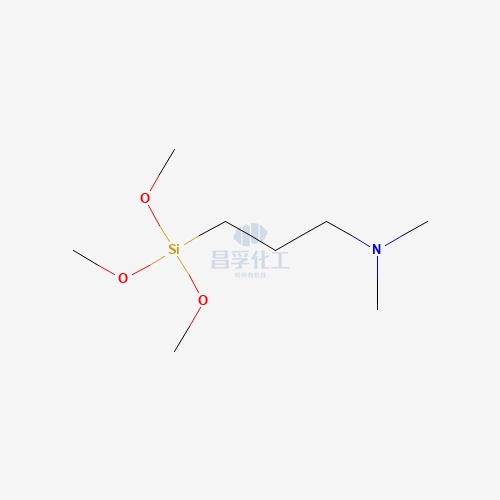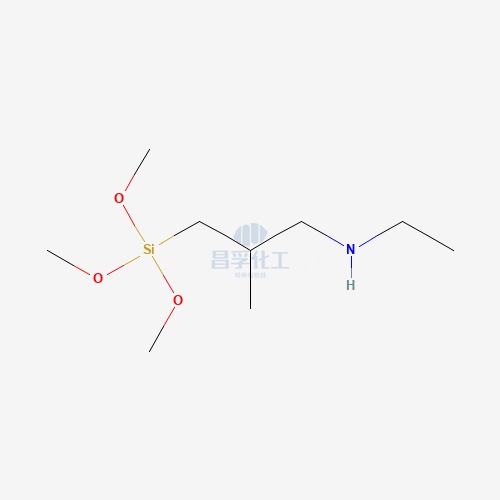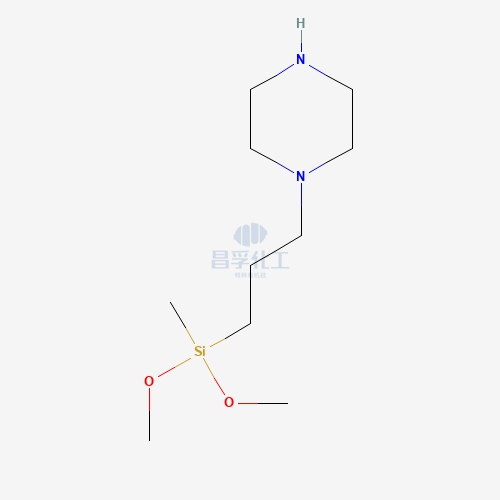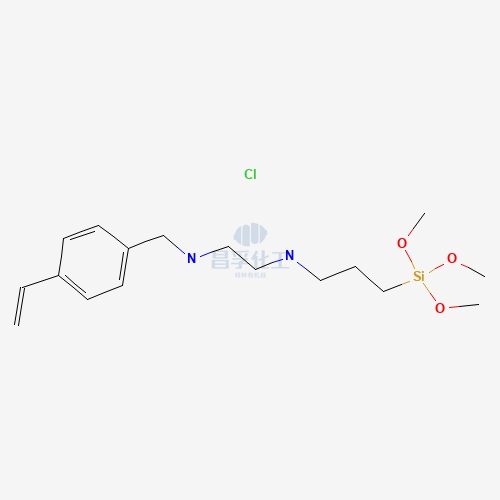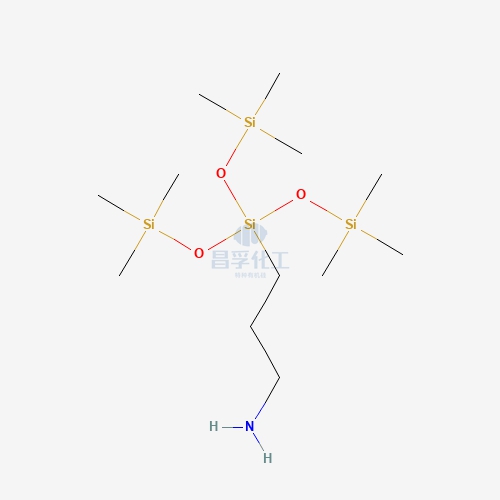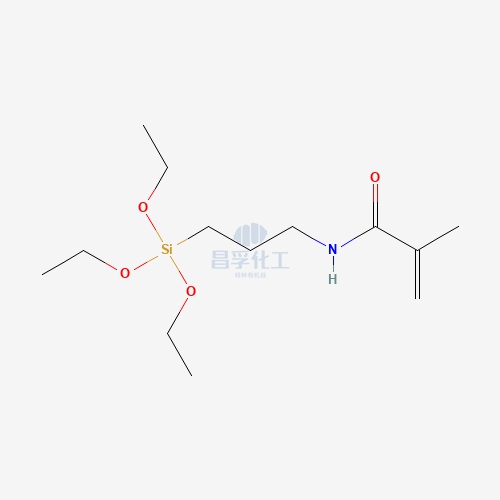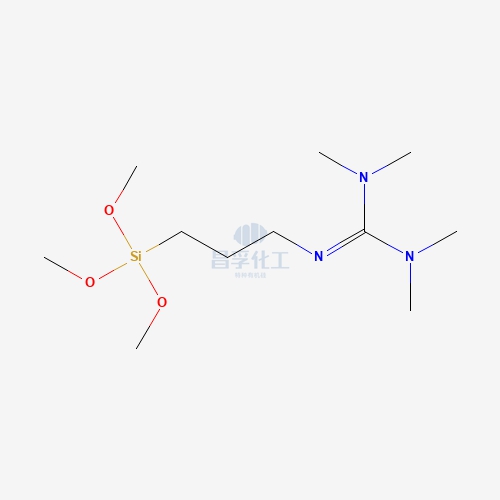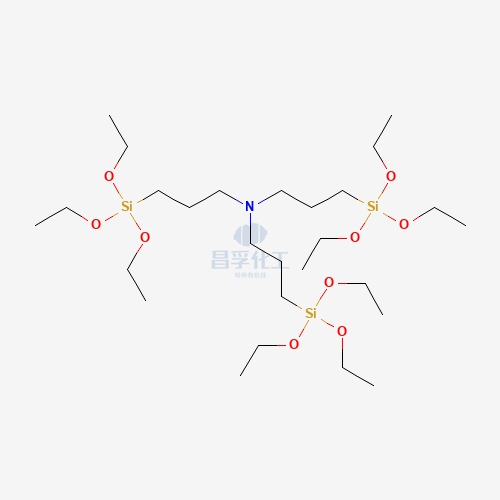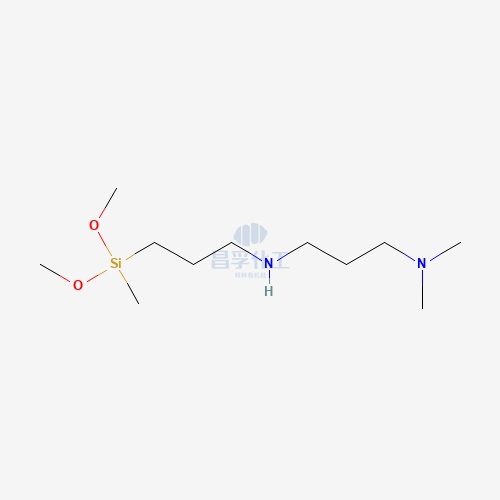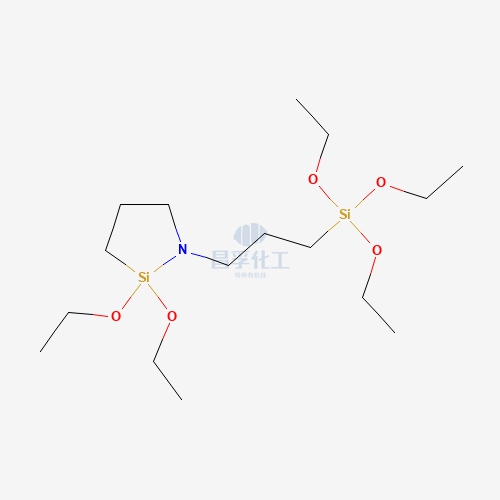
Contact Changfu Chemical Now!
+86 27 8439 6550 | +86 181 6277 0058
What is the Difference Between Chemicals and Specialty Chemicals?
Chemicals are integral to our modern world, playing a vital role in various industries and everyday life. However, not all chemicals are created equal. There is a significant distinction between general chemicals and specialty chemicals, each serving unique purposes and industries. This blog will explore the differences between these two categories, shedding light on their characteristics, applications, and importance.
Introduction to Chemicals
Chemicals are substances composed of chemical elements and compounds, utilized in numerous processes and products. They are essential in manufacturing, agriculture, healthcare, and countless other fields. The vast array of chemicals can be broadly categorized into two main types: general chemicals and specialty chemicals.

General Chemicals: Overview and Applications
General chemicals, also known as commodity chemicals, are produced in large volumes and are typically standardized in composition. They serve as fundamental building blocks for a wide range of products and processes.
- Examples: Sulfuric acid, chlorine, sodium hydroxide, ethylene, and ammonia.
- Applications:
- Manufacturing: Used in the production of plastics, textiles, and metals.
- Agriculture: Fertilizers and pesticides for crop protection and growth enhancement.
- Healthcare: Basic pharmaceuticals and medical supplies.
- Consumer Goods: Cleaning agents, detergents, and personal care products.
Key Characteristics of General Chemicals
- High Volume Production: Produced in large quantities to meet widespread demand.
- Standardized Composition: Consistent chemical composition across different batches.
- Lower Price Point: Generally less expensive due to economies of scale.
- Broad Applications: Used across various industries for multiple purposes.
Specialty Chemicals: Overview and Applications
Specialty chemicals, on the other hand, are formulated for specific applications and are produced in smaller volumes compared to general chemicals. They are designed to perform specific functions and offer unique properties tailored to particular industries.
- Examples: Adhesives, catalysts, lubricants, specialty polymers, and surfactants.
- Applications:
- Automotive: High-performance lubricants and coatings.
- Electronics: Conductive polymers and specialty adhesives for electronic components.
- Pharmaceuticals: Active pharmaceutical ingredients (APIs) and drug formulations.
- Cosmetics: Specialized ingredients for skincare and haircare products.
- Construction: Specialty chemicals like methyl methacrylates are used in making durable and weather-resistant building materials.
Key Characteristics of Specialty Chemicals
- Low Volume Production: Produced in smaller quantities, often customized for specific needs.
- Tailored Composition: Formulated to meet precise specifications and performance criteria.
- Higher Price Point: More expensive due to specialized manufacturing processes and unique properties.
- Targeted Applications: Designed for specific industries and functions.
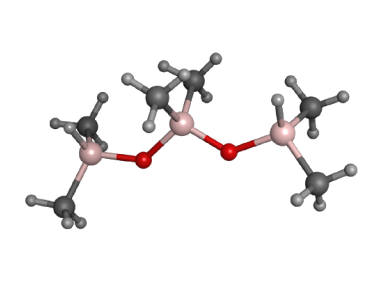
Comparing General Chemicals and Specialty Chemicals
Understanding the differences between general chemicals and specialty chemicals is crucial for businesses and industries that rely on chemical products. Here’s a comparative analysis to highlight these differences:
Production and Volume
- General Chemicals: Produced in bulk, catering to high-demand markets with standardized products.
- Specialty Chemicals: Manufactured in limited quantities, often customized for specific applications.
Composition and Customization
- General Chemicals: Have a standardized composition, ensuring consistency across different batches.
- Specialty Chemicals: Tailored formulations designed to meet specific performance requirements.
Cost and Pricing
- General Chemicals: Lower cost due to mass production and economies of scale.
- Specialty Chemicals: Higher cost due to specialized manufacturing processes and unique properties.
Applications and Industries
- General Chemicals: Used in a broad range of industries, serving as basic raw materials for numerous products.
- Specialty Chemicals: Targeted applications in niche markets, providing specific functions and performance enhancements.
The Importance of Specialty Chemicals in Modern Industries
While general chemicals are essential for basic industrial processes, specialty chemicals play a crucial role in advancing technology and innovation. They enable industries to develop high-performance products, improve efficiency, and meet stringent regulatory standards.
- Innovation: Specialty chemicals drive innovation by enabling the development of new materials and technologies.
- Performance: They enhance the performance and functionality of end products, making them more effective and efficient.
- Sustainability: Many specialty chemicals are designed to be environmentally friendly, supporting sustainable practices in various industries.
Conclusion
In summary, while both general chemicals and specialty chemicals are vital to modern industry, they serve different purposes and markets. General chemicals are the backbone of basic manufacturing processes, produced in large volumes and standardized compositions. In contrast, specialty chemicals are the driving force behind innovation, offering tailored solutions for specific applications and industries. Understanding these differences helps businesses and consumers make informed decisions and appreciate the role of each type of chemical in shaping our world. Contact speciality chemical supplier Changfu if you are interested in high quality silicon products.
Popular Silicon Compounds
Popular Silicon Compounds
Related News & Blog
Related News & Blog


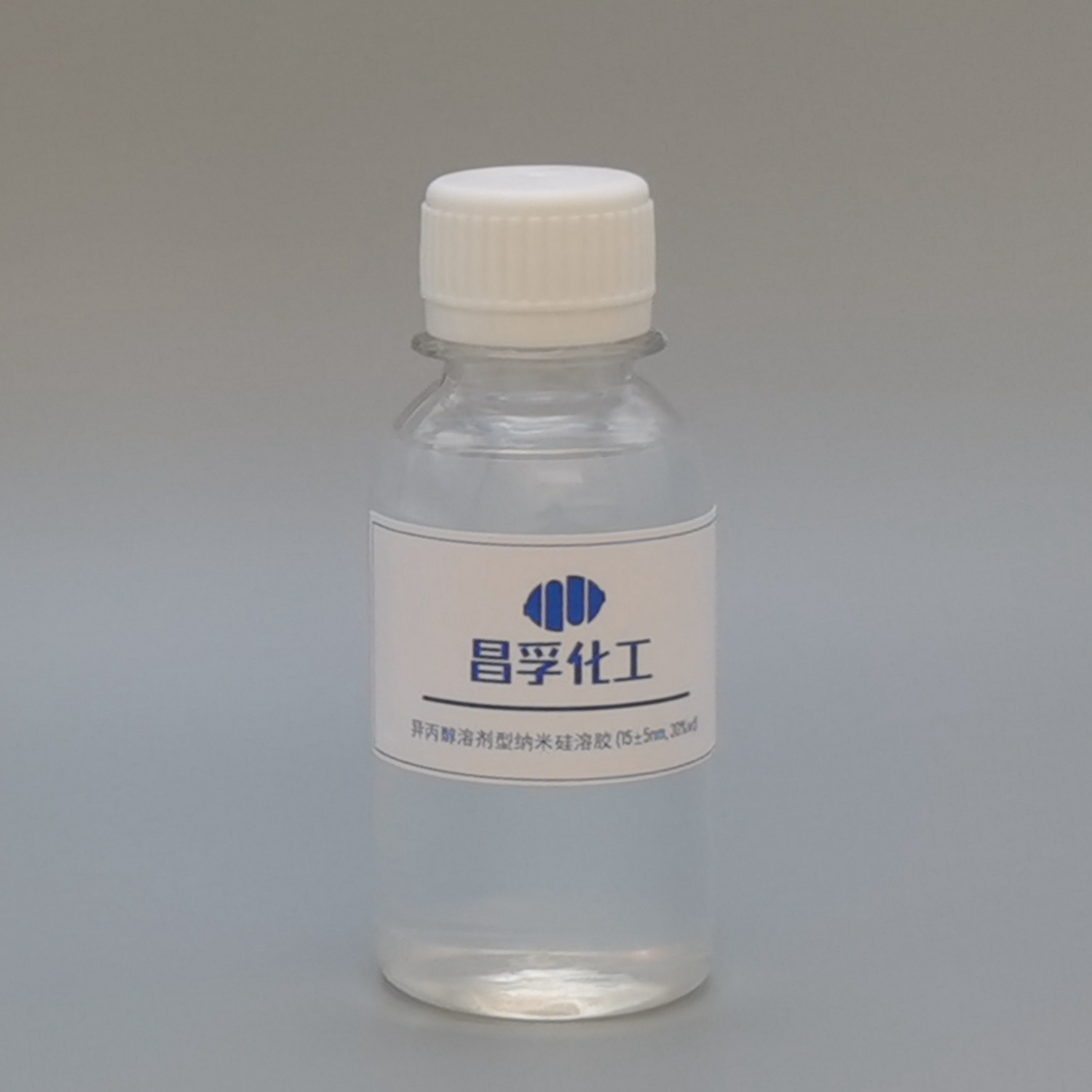
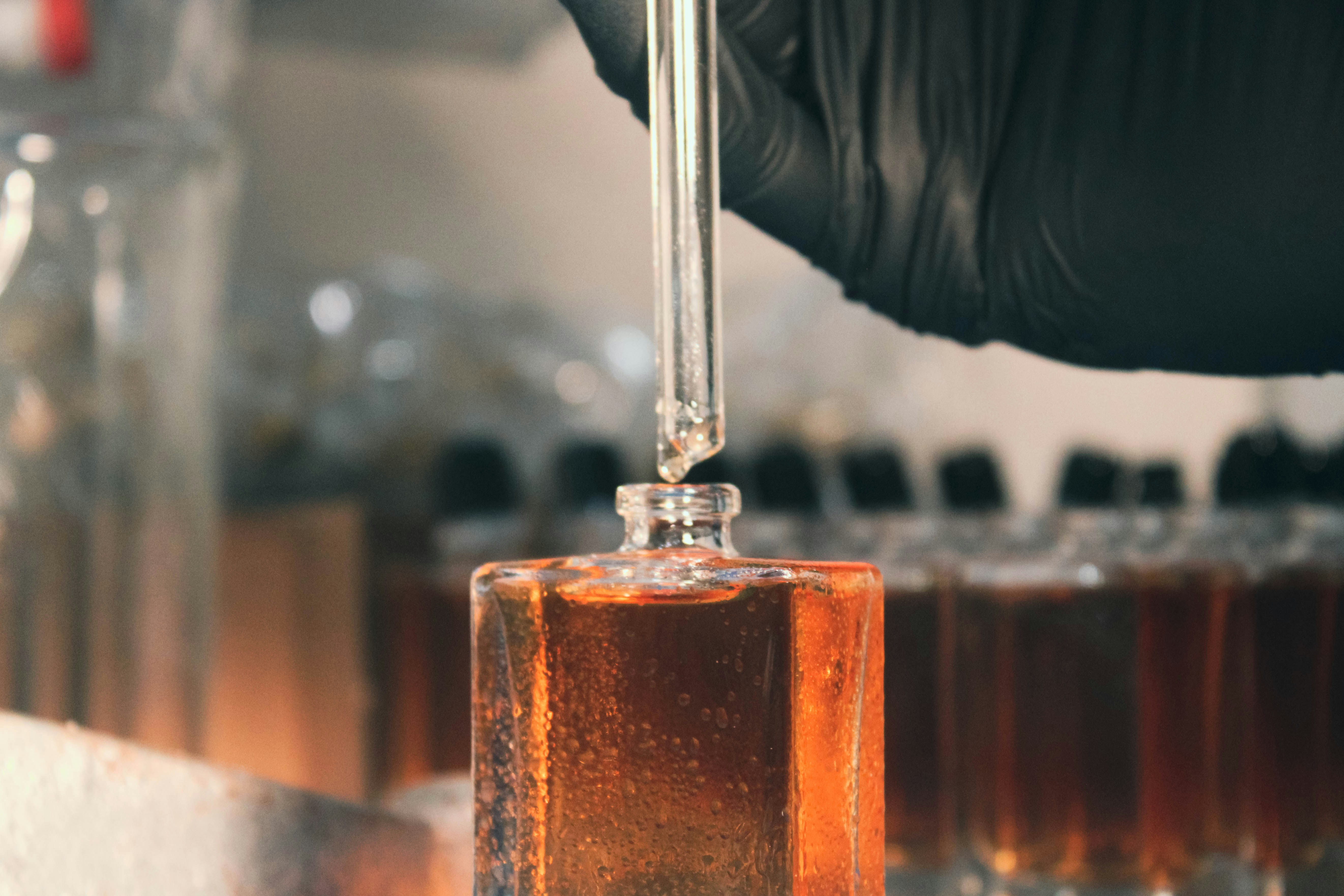
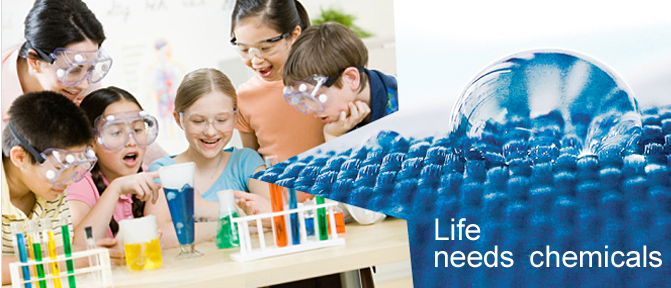
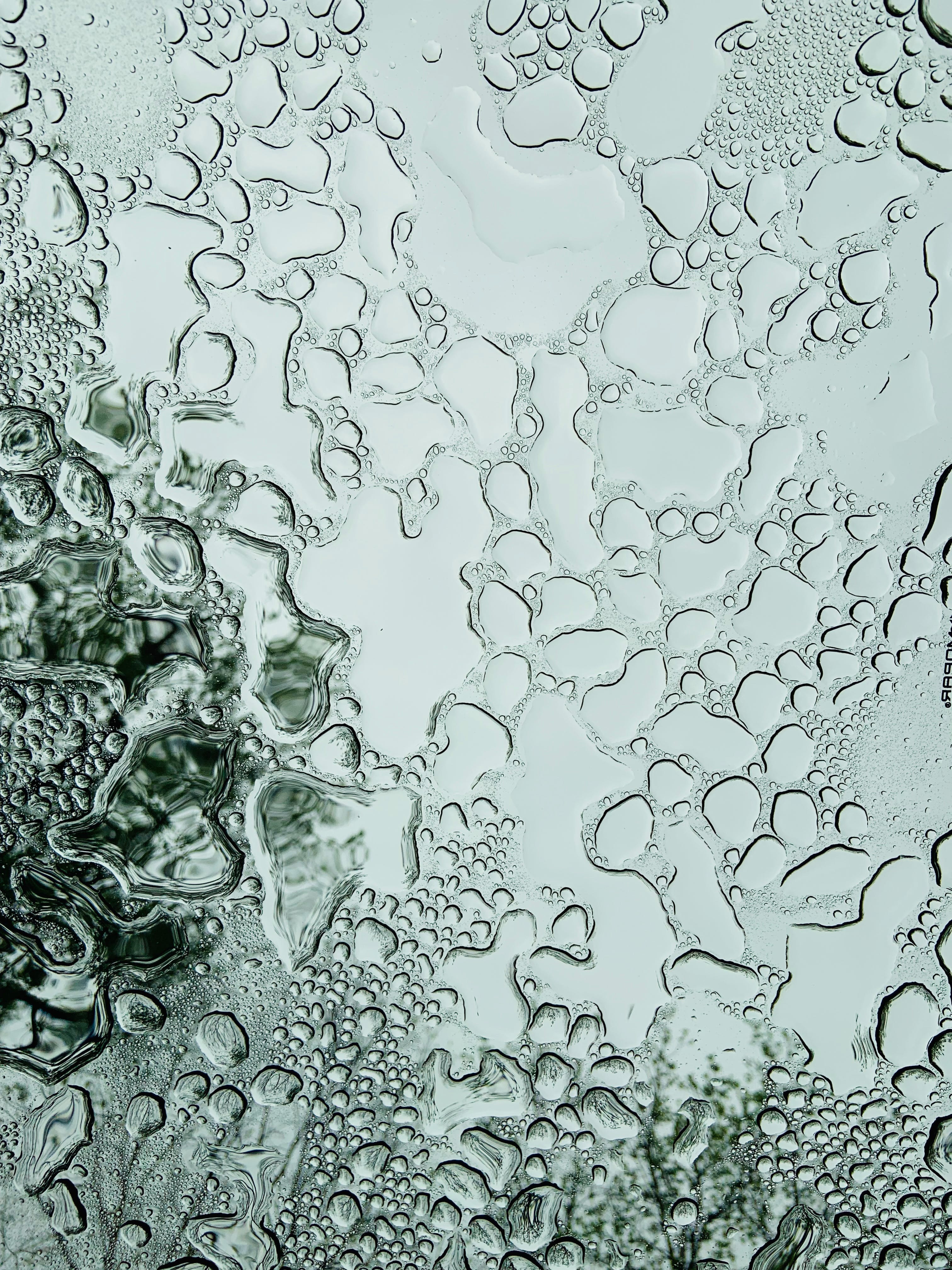


















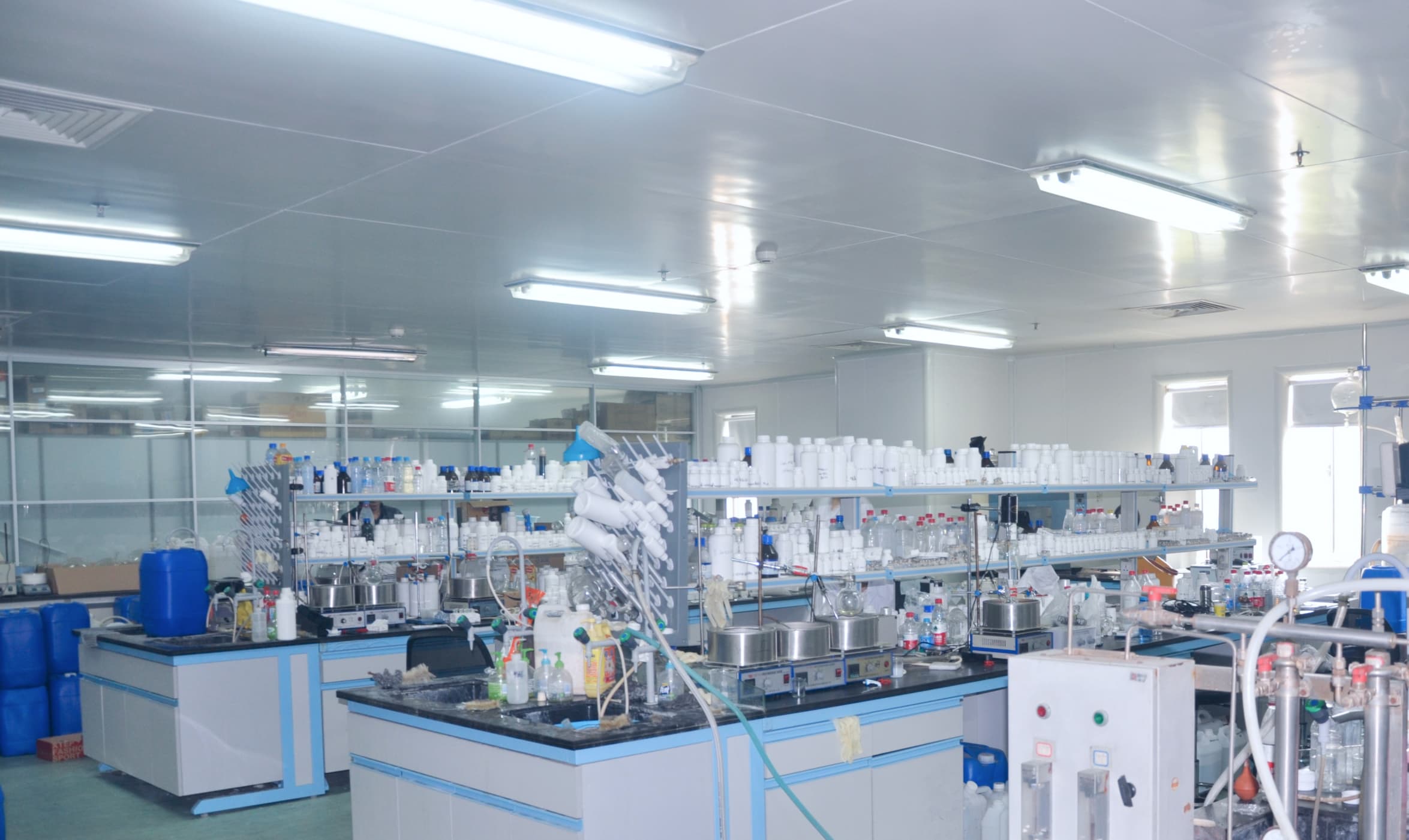


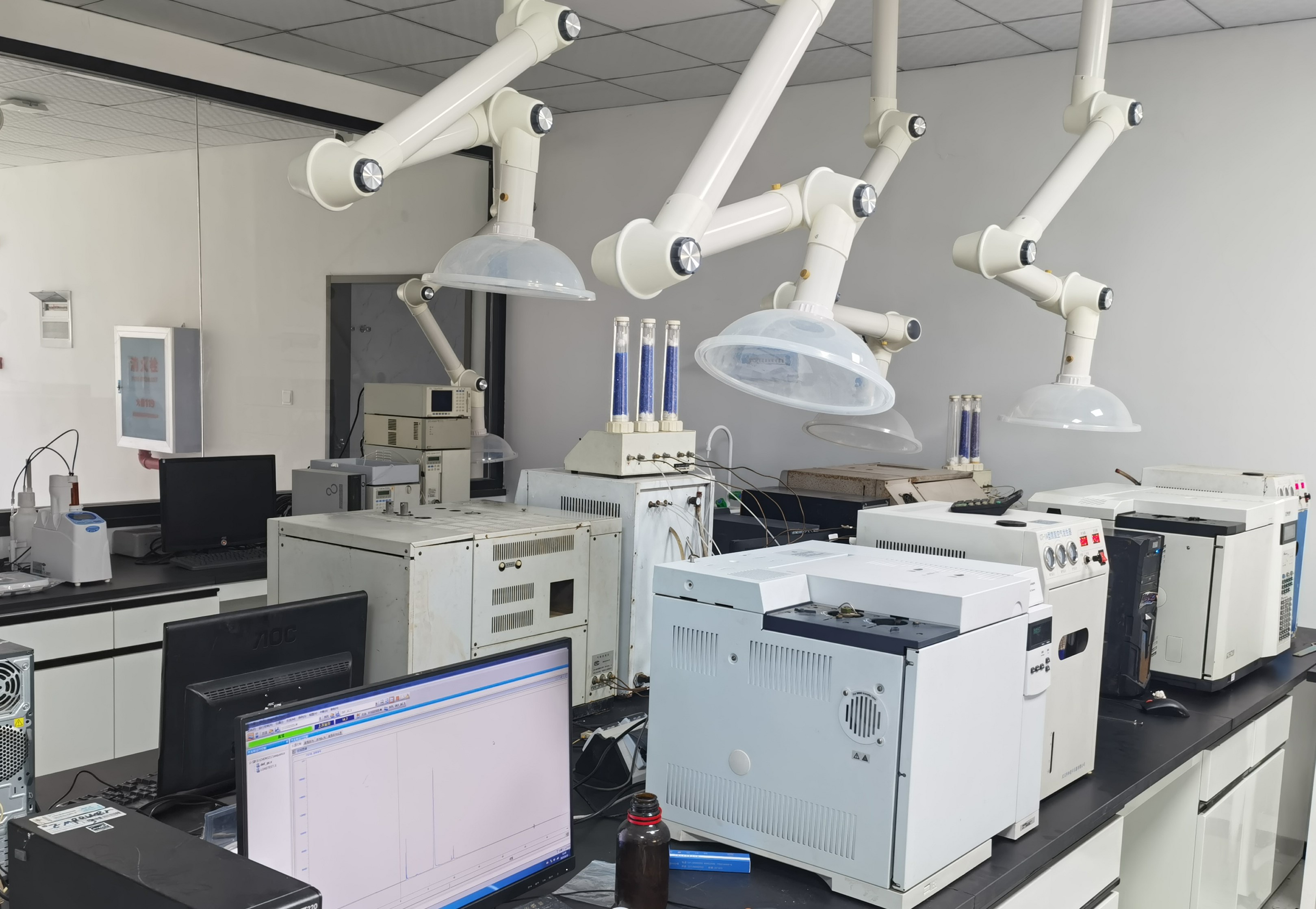

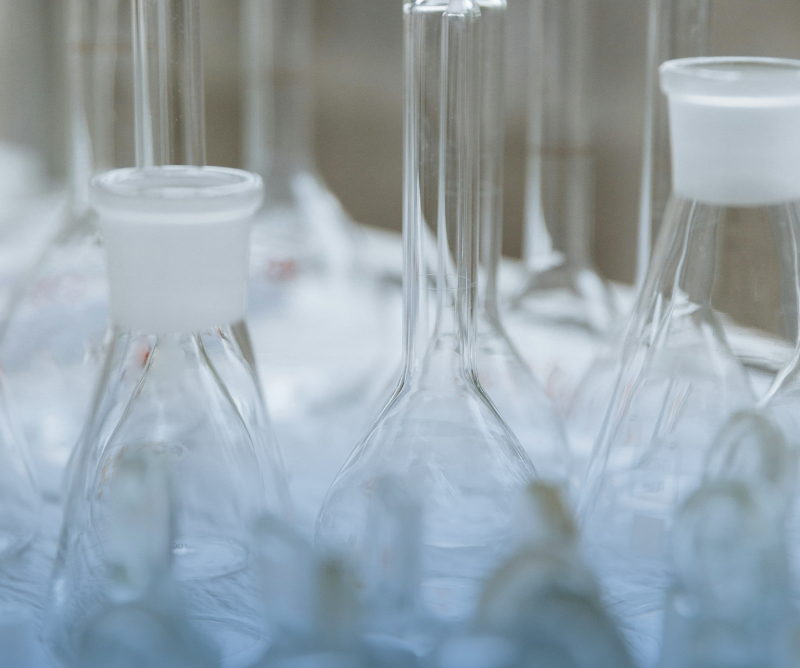

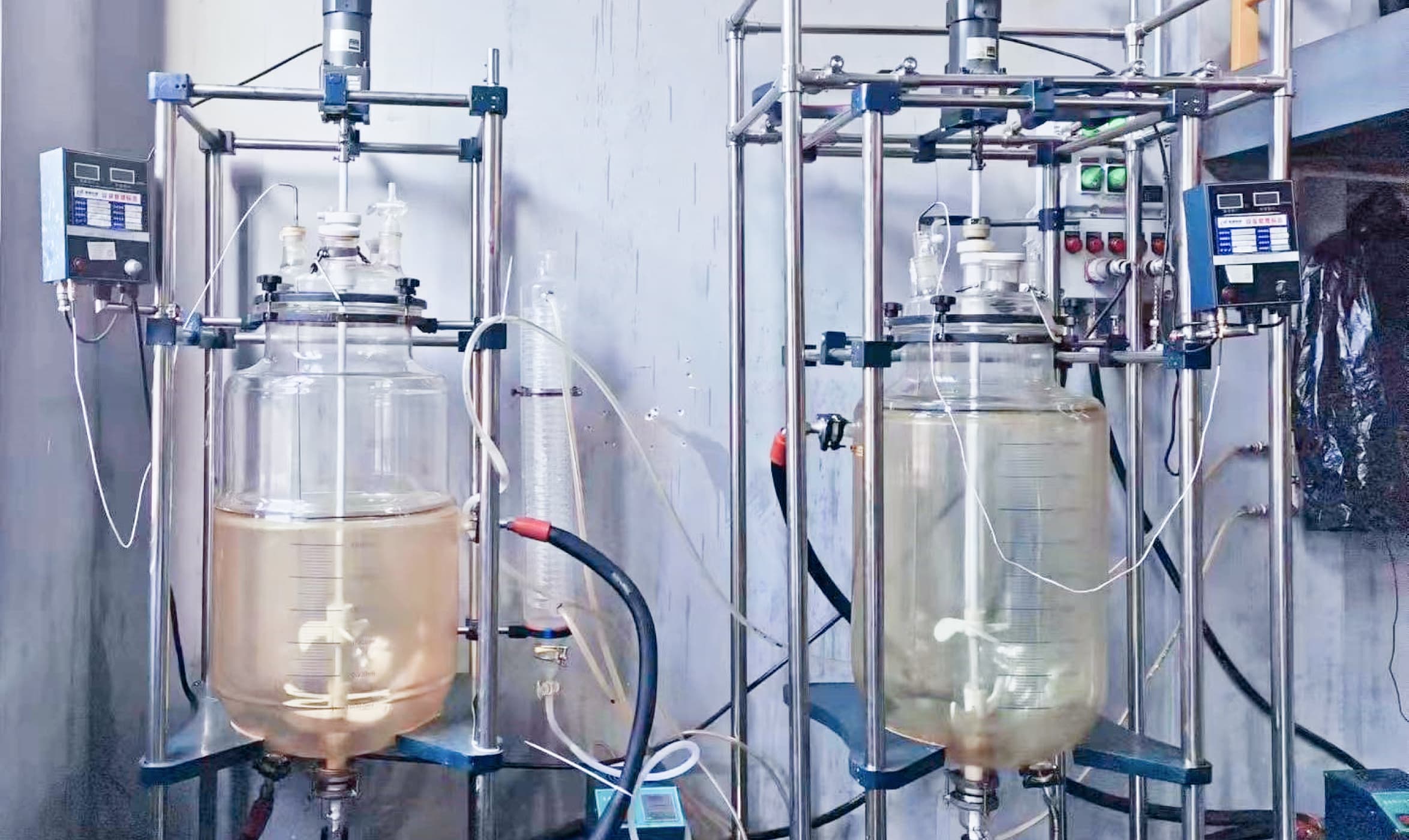
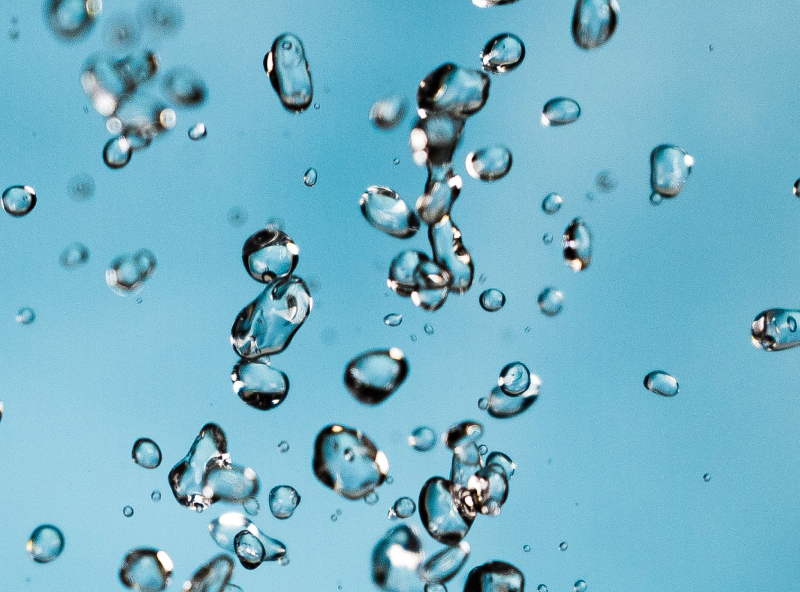


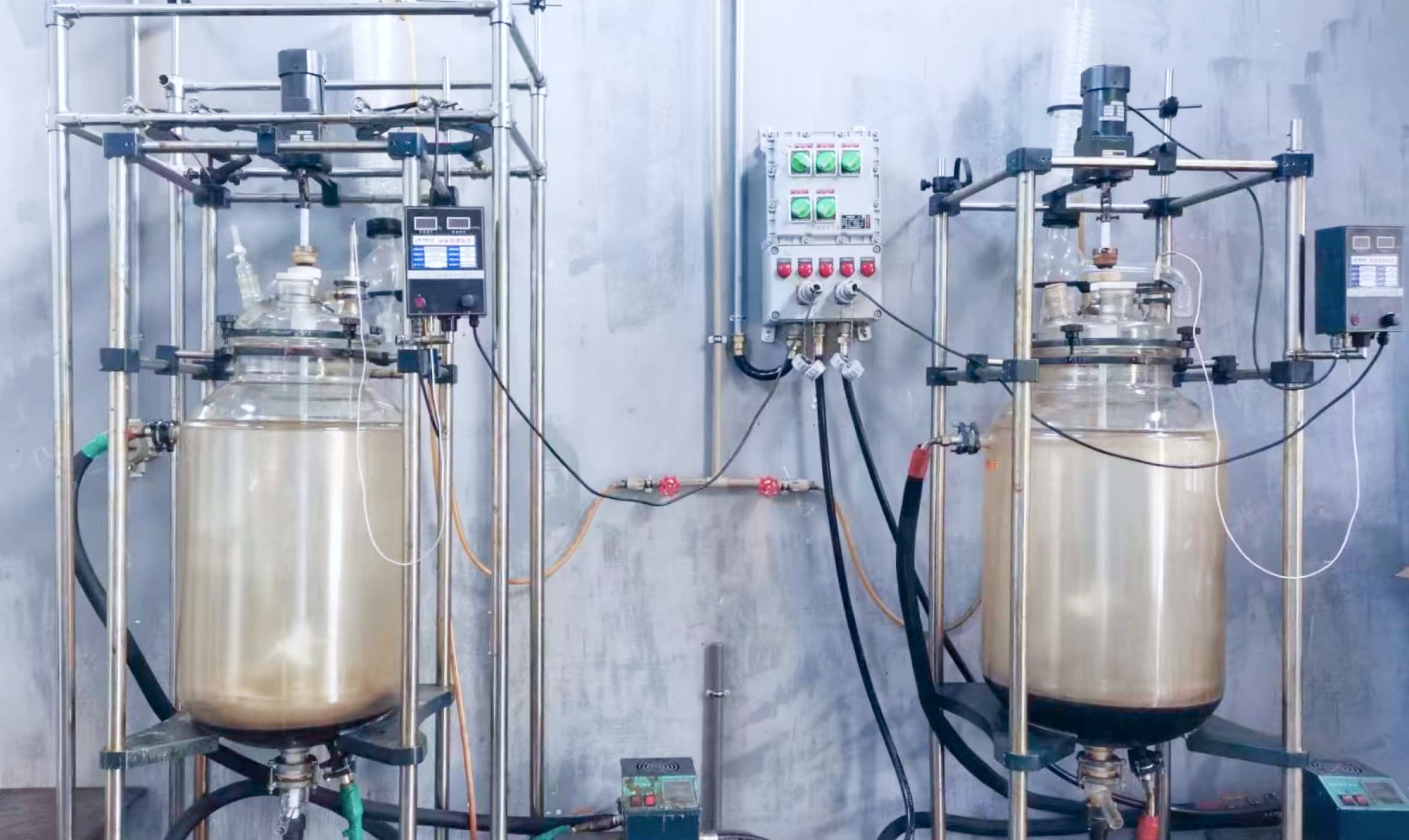










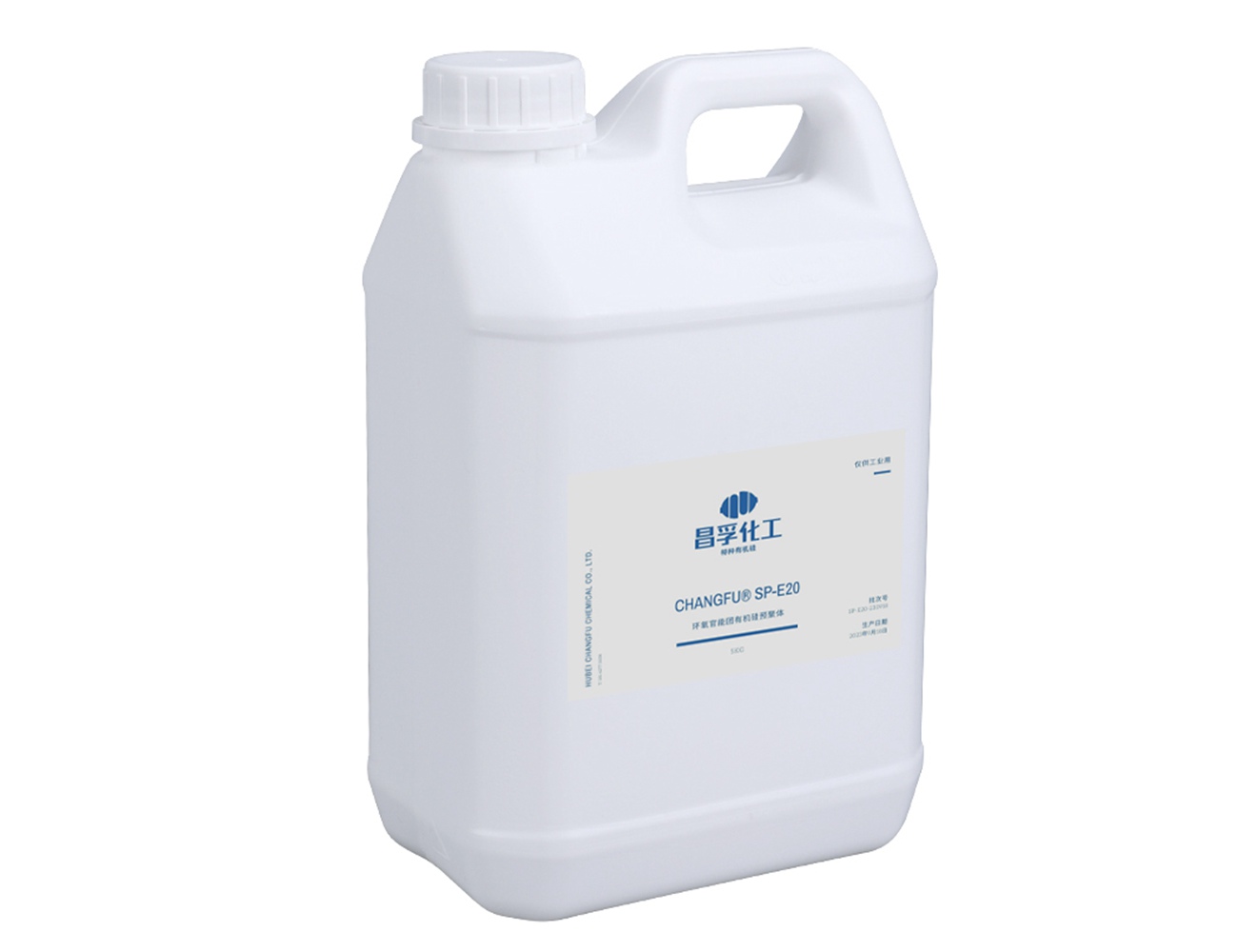
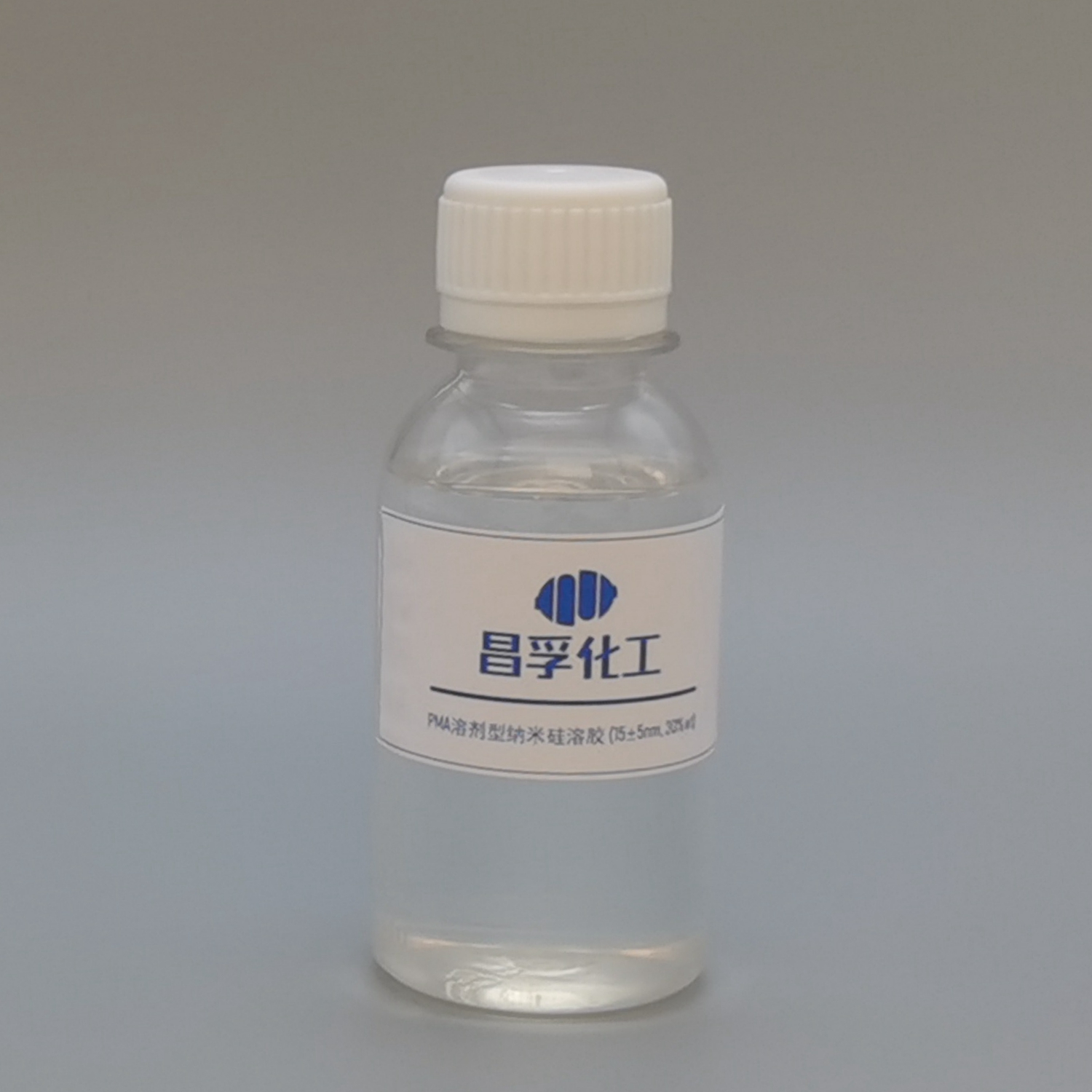
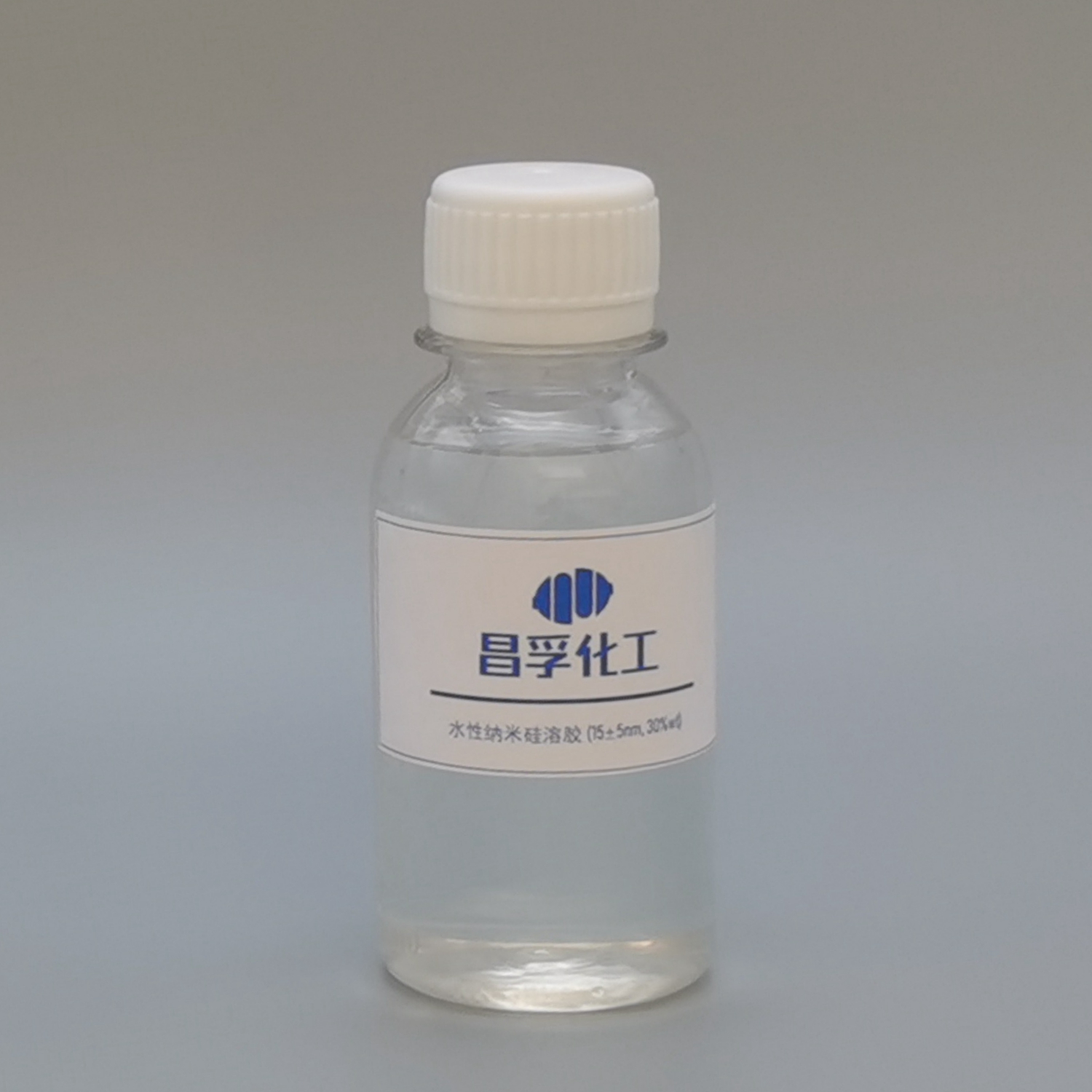

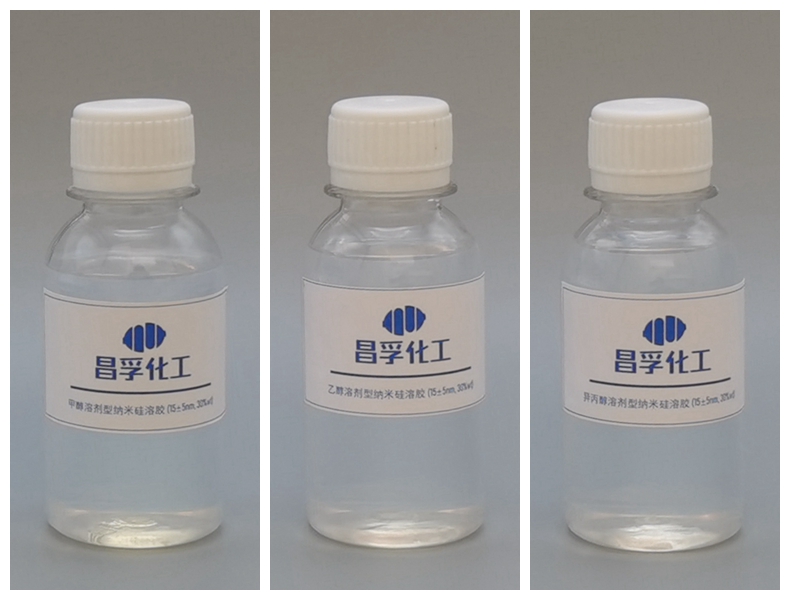
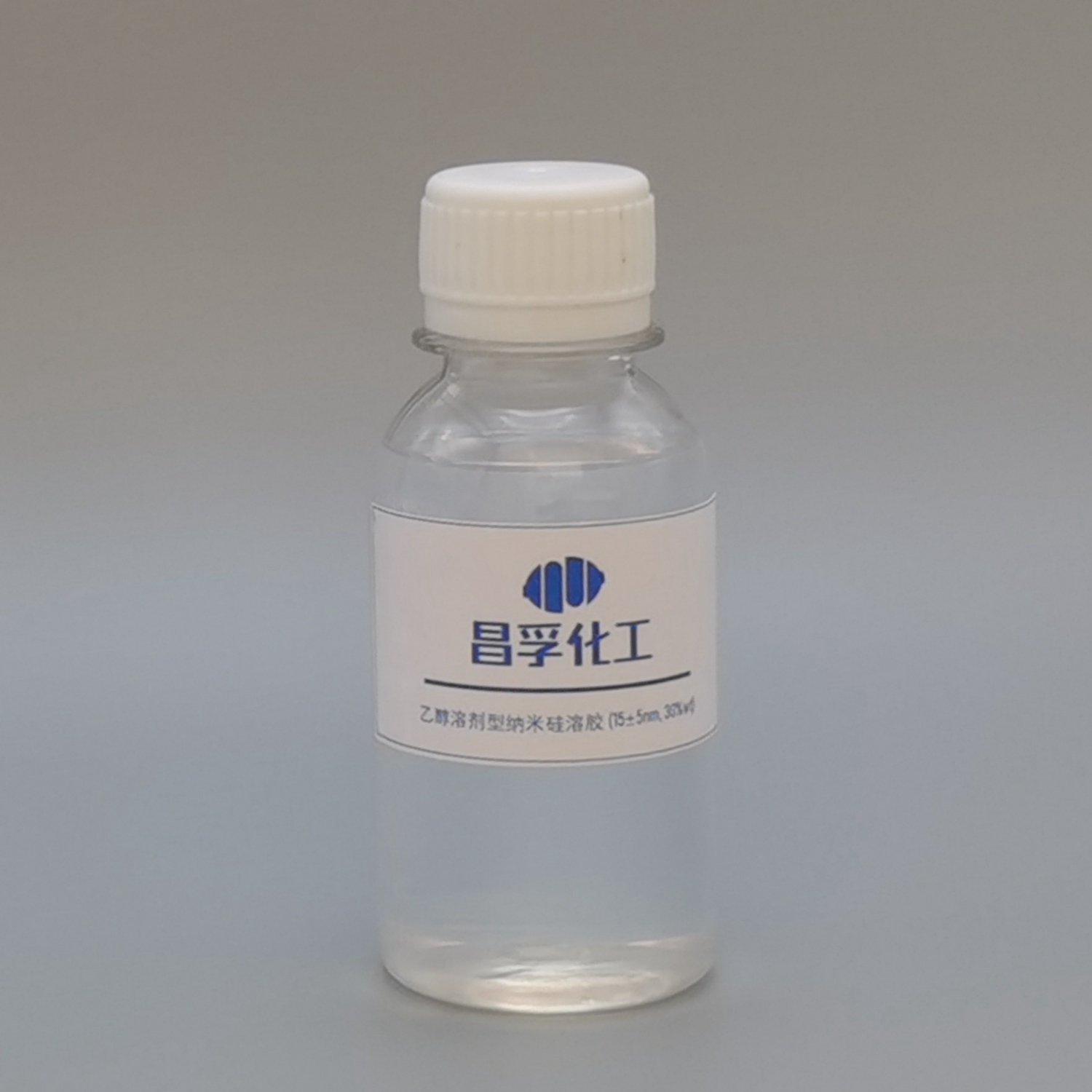
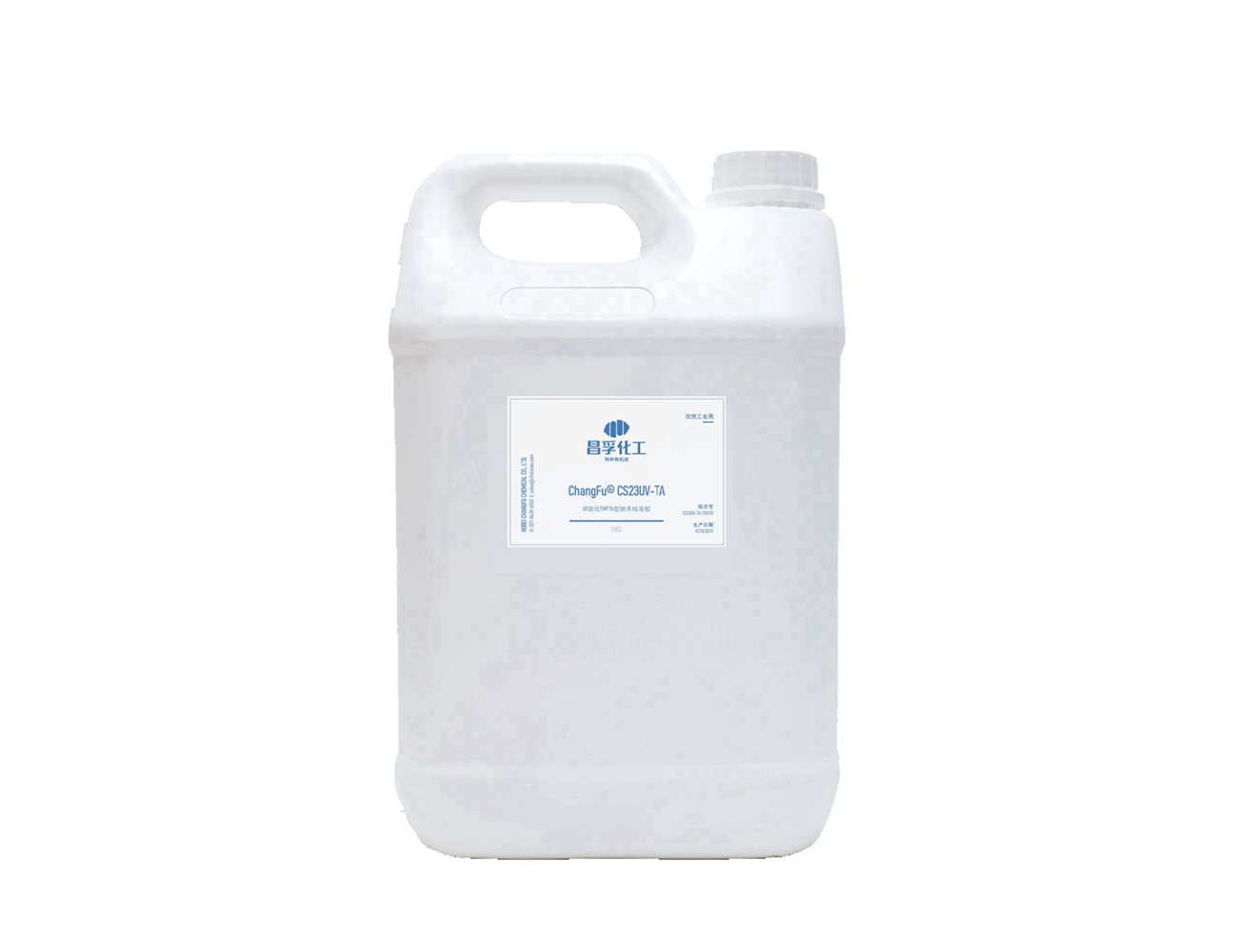
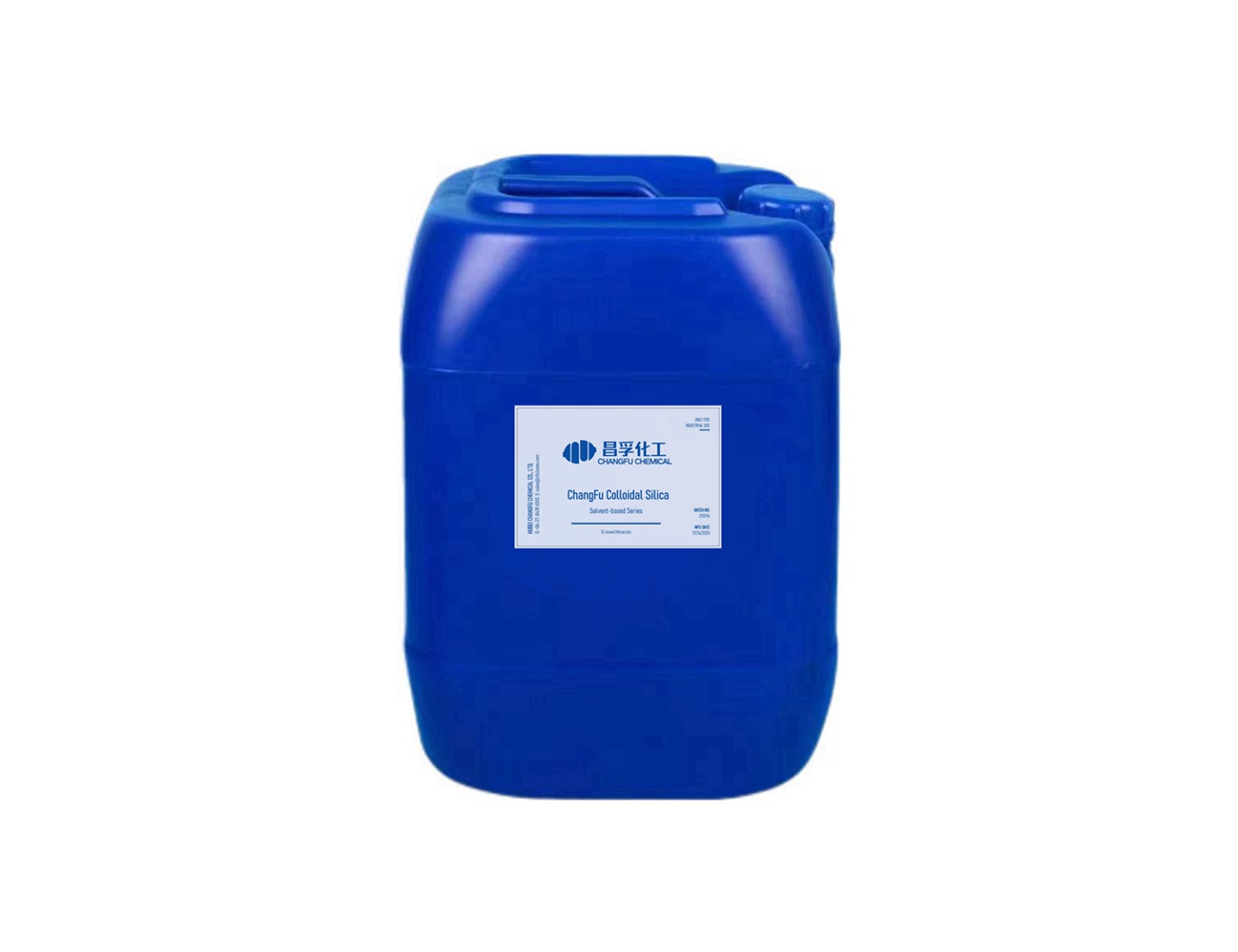





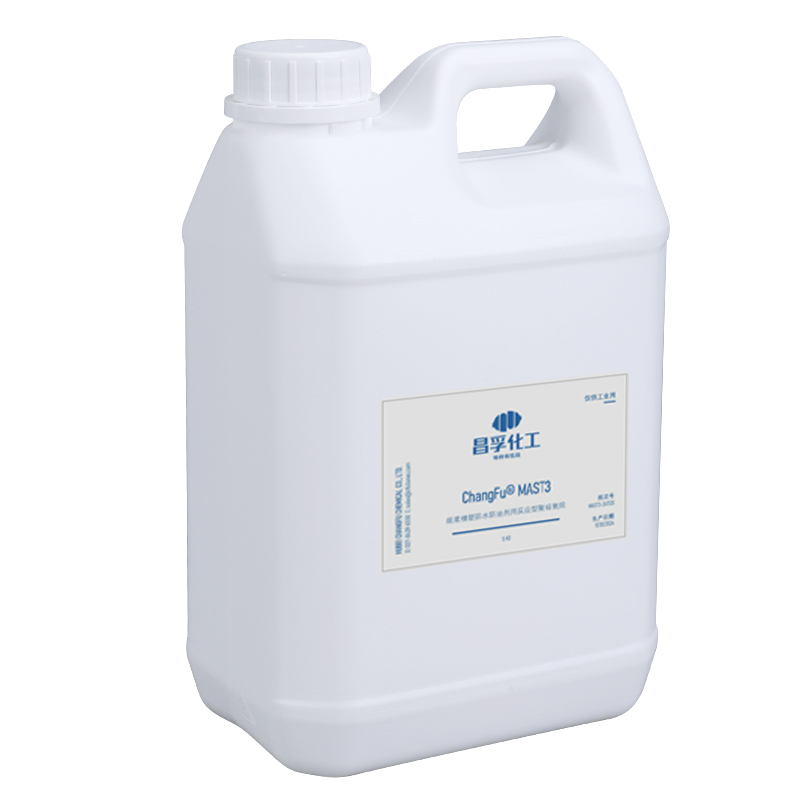





































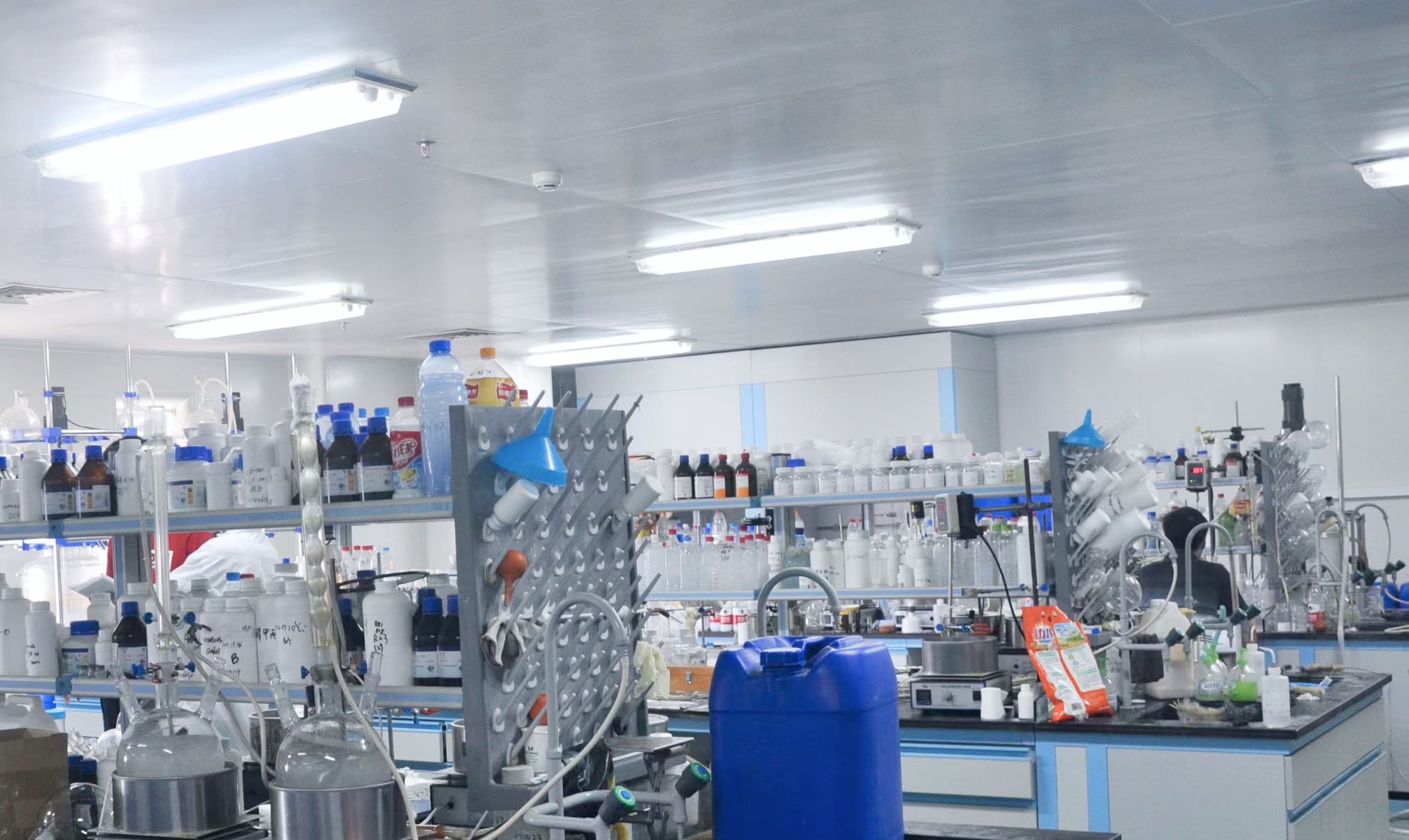

+86 27 8439 6550
+86 181 6277 0058
sales@cfsilanes.com
Optics Valley Bio-City
No. 666, Gaoxin Avenue
Hongshan District, Wuhan City

+86 27 8439 6550 | +86 181 6277 0058
sales@cfsilanes.com
Optics Valley Bio-City
No. 666, Gaoxin Avenue
Hongshan District, Wuhan City
Copyright © Hubei ChangFu Chemical Co., Ltd. All Rights



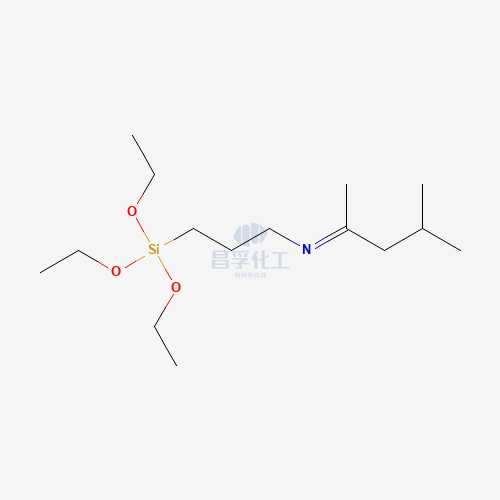
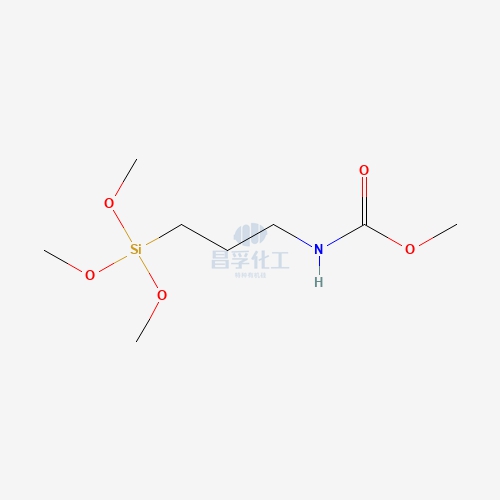
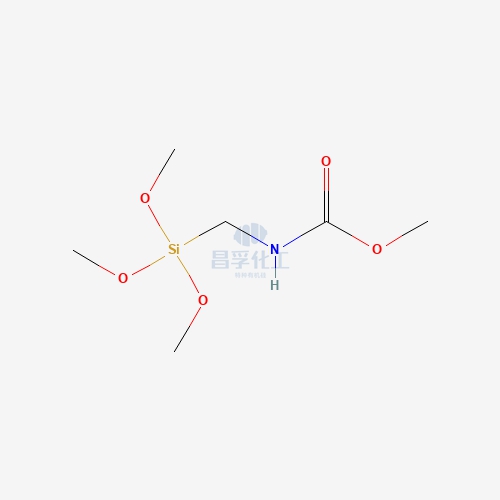
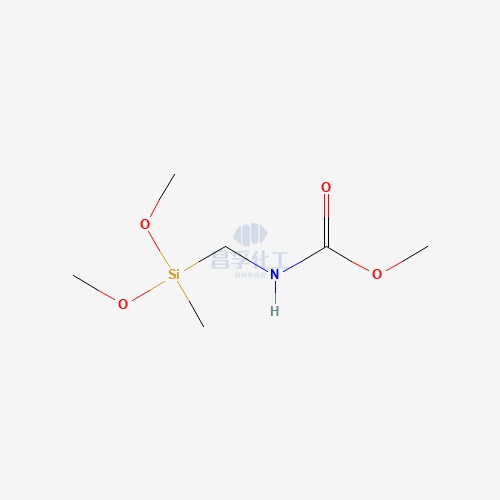
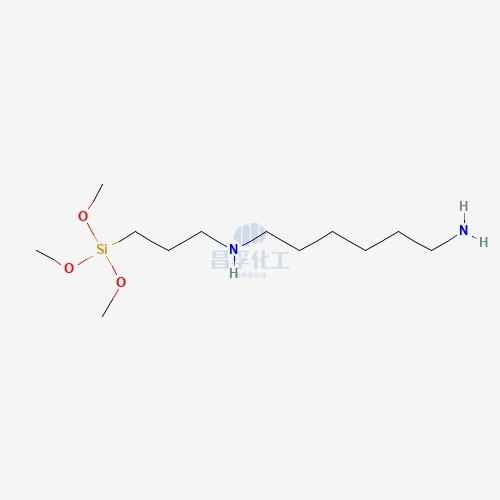
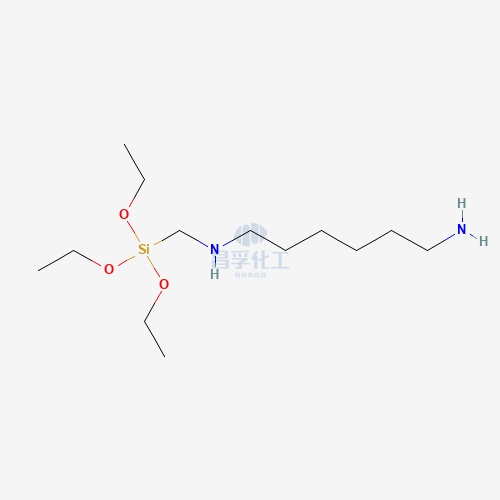
![N-[5-(Trimethoxysilylpropyl)-2-aza-1-oxopentyl]caprolactam CAS: 106996-32-1 106996 32 1 N-[5-(Trimethoxysilylpropyl)-2-aza-1-oxopentyl]caprolactam CAS: 106996-32-1 106996 32 1](https://cdn.yofishseo.com/1363882761272232/106996-32-1.jpg)
